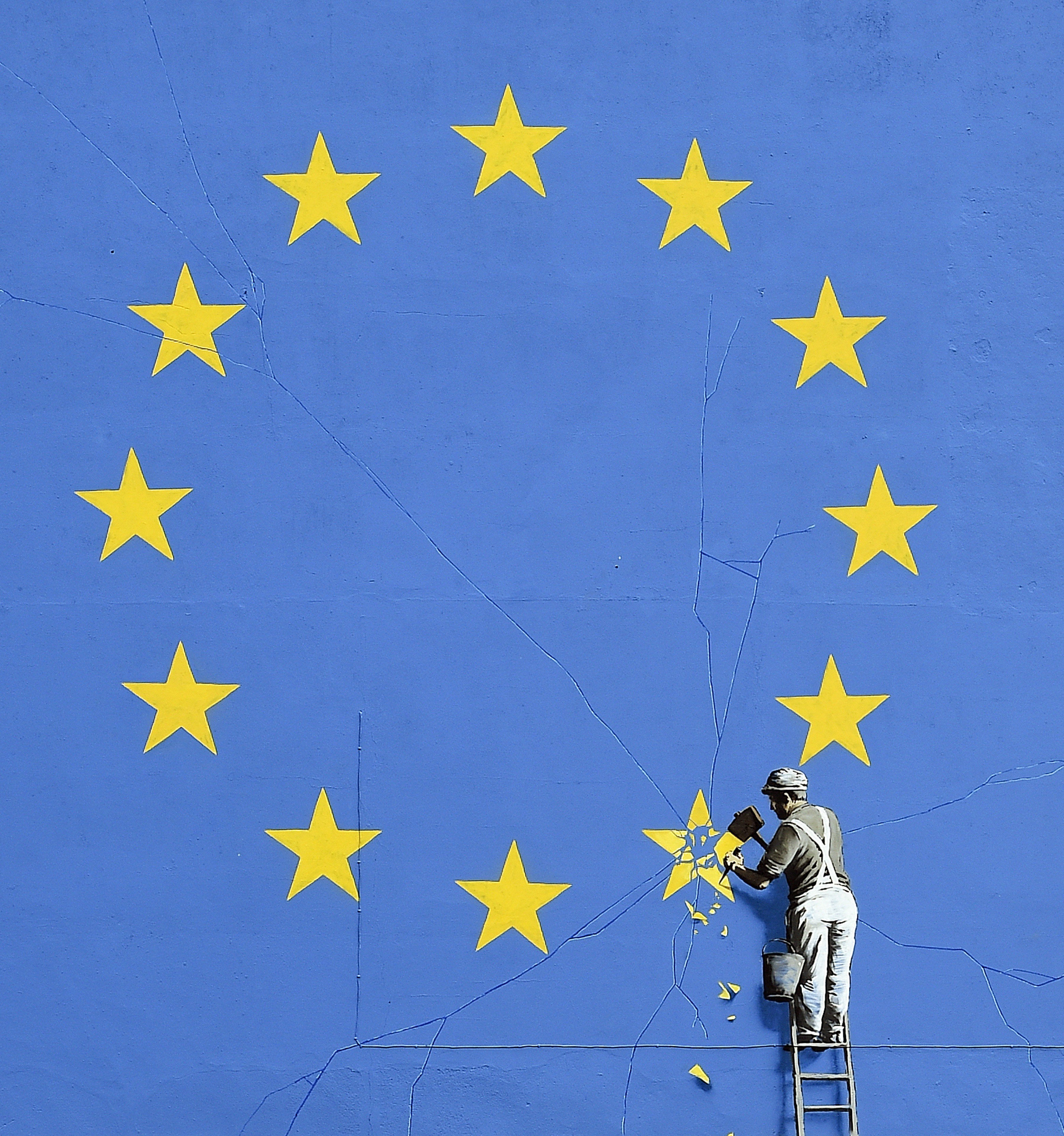Panic over Brexit. Prime minister Theresa May took the Withdrawal Agreement she had reached with the European Union two and a half years after the referendum to the House of Commons on Tuesday. It was rejected by MPs by 432 votes (118 from her own party) to 202, the largest defeat by a sitting government in the Commons since at least 1918. The effects of Tuesday's vote are being felt around the continent. That evening, the Spanish government said it's not counting out the possibility of a "catastrophic" no-deal exit by the UK from the EU and that they're putting contingency preparations in place. Catalan businesses also believe a no-deal Brexit is possible, something which could have "very negative consequences for Catalan businesses".
Various employers' and trade associations have raised the alarm over the situation. Foment de Treball, for example, expresses regret there's not yet an agreement between the UK and the EU "which would allow the economic relationships that Catalan businesses have with British ones to continue". The spokesperson for the employers' association, Virginia Guinda, warned about the "need to prepare for the possibility of a hard Brexit and to revise and apply the protocols that companies need to confront this situation".
Fepime, representing SMEs within Foment, has also commented on the issue. A no-deal Brexit "will mean a disaster for all Europe's SMEs and also for the small and medium-sized enterprises of Catalonia", writes chair Maria Helena de Felipe in a press statement. They warn that the tourism sector will be "especially affected", since the UK is the second most-common place of origin for tourists in Catalonia, after France. More than 2.1 million Brits visit every year, producing 1.75 billion euros (£1.55 billion; $1.99 billion) in income.
Fear of a hard Brexit
A no-deal Brexit would have problems for the whole of Europe, including Catalonia. Under the so-called hard Brexit, the UK would leave the EU and the single market immediately on 30th March. So far, the two sides had been negotiating for an orderly transition minimising the risks, allowing time for the change and time to define certain aspects of the future relationship. Without an agreement in place, however, EU law will overnight no longer apply to the UK, creating an "unprecedented legal void in Europe".
On the one hand, this would "cause mobility problems and a fall in British tourism to Catalonia, which would mean losses for the hotel sector, transport companies, businesses in tourist areas and the restaurant sector", Fepime says.
On the other hand, exports to the UK "would be affected". Catalonia alone makes up 21.3% of all of Spain's exports to the country. In short, "breaking economic relations between the United Kingdom and the European Union without an agreement and unless it's regulated it will cause a slowdown in the economy which will have negative effects globally on the entire economy," said de Felipe.
Another business association, Pimec, has similar concerns. They warn, among other things, that "indirectly, a hard Brexit on 30th March could mean a fall in the pound sterling of up to 20% according to recent studies, which would reduce its purchasing power and that of British companies and citizens in comparison to Eurozone businesses, and would have a knock-on effect on exports and the Catalan tourism sector".
Consequences for Catalonia
Catalonia and the United Kingdom enjoy close commercial relations. The CEO of ACCIÓ (Catalan Agency for Business Competitiveness), Joan Romero, Joan Romero, explained so in a meeting with the British Chamber of Commerce in Spain: "We've got a very free-flowing and broad relationship with the United Kingdom, with very continuous relationships". "Just 10 days ago we took Catalan start-ups to the London stock exchange," he said at the time.
In figures, Catalan exports to the UK passed 4 billion euros last year, with 2,200 companies exporting there regularly. As for foreign investment, as many as 660 British companies have production facilities in Catalonia, employing almost 1% of the population.
At the same meeting, the British ambassador to Spain, Simon Manley, said that "Catalan exports have done nothing but strengthen the United Kingdom" and "we don't want that to change". The meeting took place in November last year, just days after the UK and EU negotiating teams agreed on the text of the Withdrawal Agreement the House of Commons finally struck down this week. Two months later, the world of Catalan business isn't quite as optimistic.

